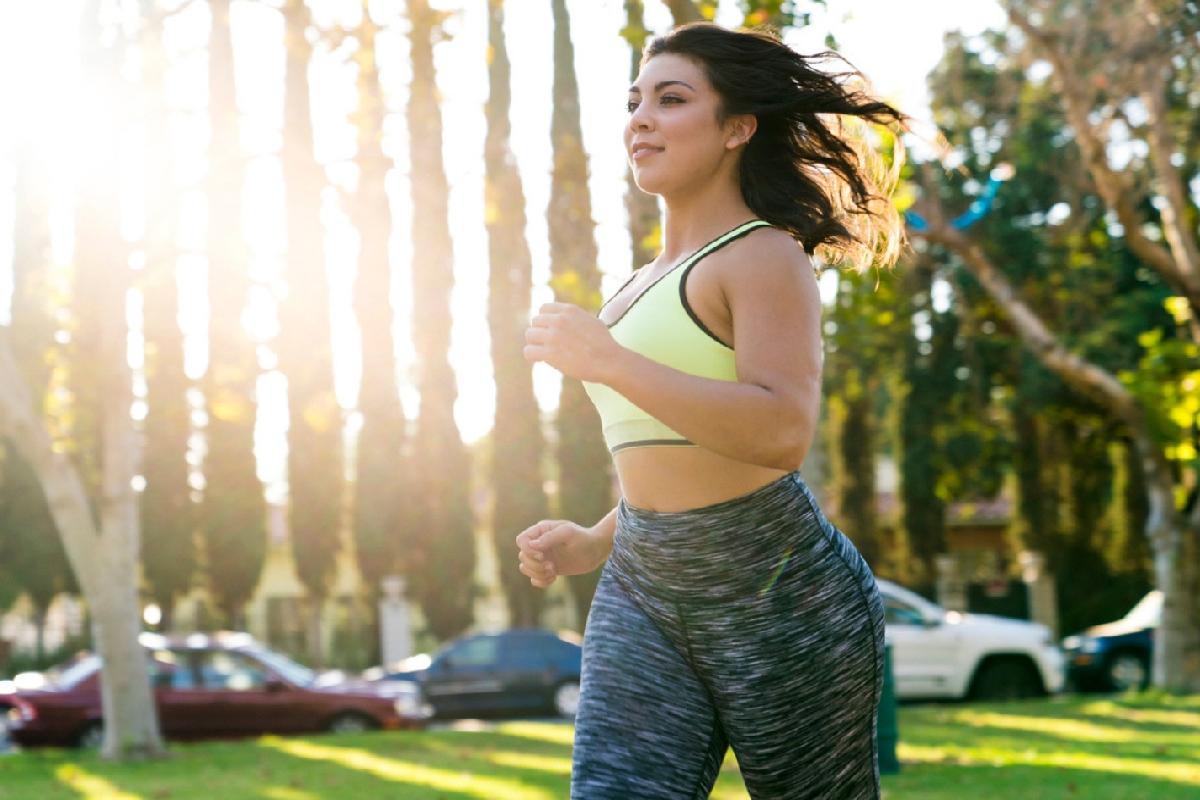

About a third of the world’s population is overweight at some point in their life. Health problems appear when there is obesity associated with risk factors (hypertension, dyslipidemia, diabetes, smoking, sedentary lifestyle).
With exercise for people with obesity, we can actively contribute to correcting most of the risk factors and improving dietary and sports habits directly related to the health problem in people who are overweight or obese.
Table of Contents
Multiple factors must be considered (age, underlying diseases, predisposition, sports habit, diet) to develop a personalized plan. The objective is to reduce weight, and for this we will modify the diet and promote physical exercise since obesity is directly related to energy consumption and caloric expenditure. Therefore, the regulation of metabolic parameters and the body’s energy balance (income and caloric expenditure) is pursued.
Lowers blood pressure, controls insulin level, lowers triglycerides, increases HDL cholesterol, improves self-esteem, reduces anxiety, increases lung capacity, increases bone density and muscle mass, and contributes to bodyweight maintenance.
There are different professionals involved in this recommendation: the family doctor, the endocrinologist, the nutritionist, the psychologist, the personal trainer.
The physical activity aims to occupy 150 to 300 minutes per week spread over three or five days. Of course, it must be carried out in a progressive and supervised way. It should be known that some diseases may contraindicate some sports (cardiac arrhythmias, lumbosciatica, epilepsy, chronic tendinitis, poorly regulated hypertension, chronic sprains, etc.), so it is essential to consult your doctor before starting sports activity to make sure that you do not we have no contraindication.
The most suitable sports at the beginning would be individual sports: swimming, cycling, spinning, hiking, weights, gymnastics (Pilates, aerobics, yoga, etc.) or dance. Later, we will integrate ourselves into group sports; the most recommended being water polo, tennis, paddle tennis, basketball, volleyball and soccer. Contact sports place an overload on the joints and can injure the cartilage.
Individual sports avoid competitive stress but require a lot of will, so the figure of the personal trainer is increasingly helped. It allows you to optimize time, be supervised and carry out a supervised discipline in terms of perseverance, type of sport, time and intensity. The team sport brings the group motivation, but we must be up to the rest of the team; it is recommended to have already achieved a suitable base.
Of course, when starting a sports activity, we will also carry out a change in certain habits such as trying to walk a minimum of 30 minutes a day, trying not to take the elevator, establishing some daily obligation that involves us movement (changing from bakery to another more distant, buy fresh produce daily), walk faster or ride the bike.
Little by little, we will have to increase the time and intensity. The most important premise is the regularity and the application of some fundamental bases. It is essential to perform a minimum warm-up (at least five minutes) that will help us to mobilize the different muscle groups and activate blood circulation. It can be in the form of stretching. This will help prepare us to start physical activity and prevent muscle injuries (especially fibrillar rupture due to sudden elongation).
Initially, we will carry out sessions of little duration and intensity. About 30 minutes per session and three sessions per week are sufficient for the first month. After the sports session, we will try to spend five minutes in musculoskeletal relaxation that will allow us to normalize the heart and respiratory rate.
Our goal is to do one hour a day for five days a week. Only when we have a sustained and tolerated rhythm for three months will we think about integrating ourselves into other group or higher intensity sports.
At this point, it will be much easier to stay at the right weight. We cannot recover the lost weight under any circumstances (for this, we must maintain our healthy and balanced diet) and continue practicing our sports activity.
Visible veins on the nose can be a frustrating cosmetic concern for many people. These… Read More
Few activities can match the rich tapestry of tradition, culture, and connection found at a… Read More
Over time, hair removal methods have changed drastically, from ordinary methods like shaving, waxing, and… Read More
If you want your smile to light up a room, chances are that you are… Read More
Feeling stressed? Join the club. Lockdown life aside, research suggests approximately 55% of Americans experience… Read More
Weddings are beautiful celebrations of love, but they can also be costly affairs. Among the… Read More